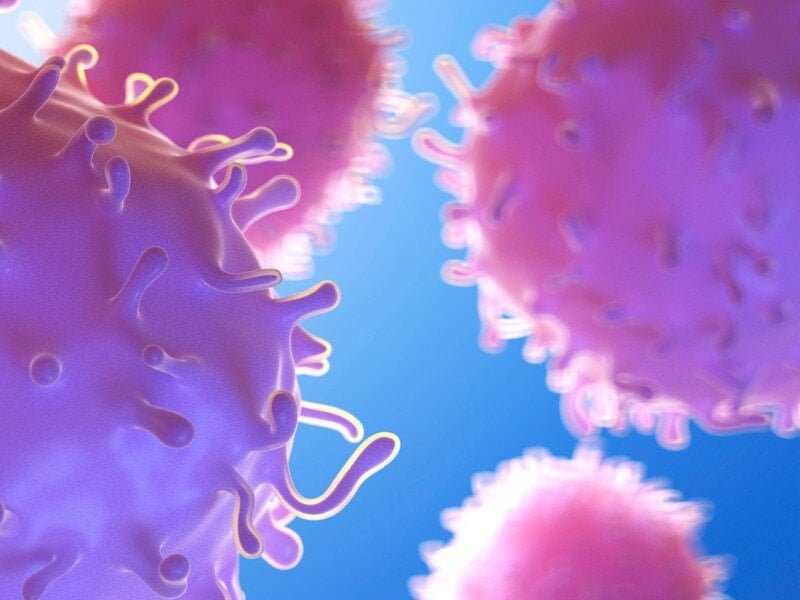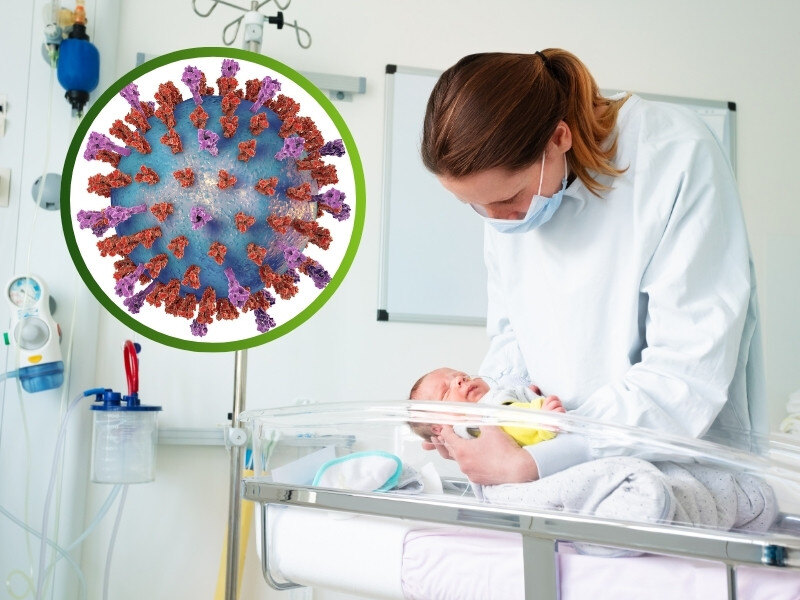CAR T Beyond Cancer: Applying the Cell Therapy for Lupus and Other Autoimmune Diseases

Immuno has previously discussed the ground that CAR T therapies have strode over in the treatment of cancers. However, this is not the extent of the cell therapy's reach, it has also demonstrated great potential in the field of rheumatology.
In this application, autoimmune patients' T cells are taken from their blood, modified to express a chimeric antigen receptor (CAR) which targets CD19 – a protein widely expressed on B cells – and then reinfused into the patients' body. Those CAR T cells then target the overactive B cells in the immune systems of patients suffering from autoimmune diseases.
Related:
- UPenn Medicine Presents Promising Phase I CAR T Trial with Novel Binding Mechanism
- Finding New Immunotherapy Targets for Solid Brain Tumour CAR Ts with RNAseq in Cancer-Specific Exons
- Therapy In the Spotlight: CAR T Cell Therapy—Significant Approvals and Regulatory Concerns
The paper that first turned heads with this technique was a 2022 study published in Nature Medicine. It studied five patients with systemic lupus erythematosus (SLE) refractory to immunosuppressants.
Starting these patients on an anti-CD19 CAR T therapy, the intervention led to the depletion of B cells and improved symptoms. Furthermore, all five of the SLE patients were able to achieve remission after three months. Remarkably, drug free remission was maintained even longer, for a median of 8 months.
This study was a trailblazer in the application of the cell therapy technique for immunological disorders like SLE. Two years later, Georg Schett of Friedrich-Alexander University and corresponding author of the study, told Healio Rheumatology: “All of them [the SLE participants] are now 2 years disease-free, and the first of them is now 3 years disease free.”
This has, understandably, ignited interest in the autoimmune research community about the potential for the treatment across a number of indications. Healio Rheumatology points towards diseases like autoimmune myositis, systemic sclerosis, myasthenia gravis, neuromyelitis optica, and multiple sclerosis, in which CAR T has already yielded positive results.
Looking this time beyond the treatment's potential for lupus, Schett and his team published a study in the New England Journal of Medicine in February 2024, this time looking at a wider cohort of patients.
Not only did the study investigate their CD19 CAR T therapy on eight SLE patients, but also three patients with idiopathic inflammatory myositis, and four patients with systemic sclerosis. Here, the paper reported that just a single infusion of the CAR T cells was able to eliminate or reduce the symptoms and disease biomarkers of those autoimmune diseases.
In May 2024, UC Davis announced a collaboration with Cabaletta Bio which would evaluate CABA-201, a CD19-targeting CAR T therapy for patients with autoimmune disease. Cabaletta say that this therapy has the potential to “reset the immune system" for patients with severe autoimmune diseases.
Gaurav Gulati, medical director of Rheumatology, Allergy and Clinical Immunology at UC Davis and principal investigator of the study, said: “Our primary goal for this phase of the trial is to evaluate the safety and effectiveness of the single dose infusion of the CAR T-cell therapy. If successful, this one-time treatment will correct the underlying defect and improve the quality of life for these patients.”
CABA-201 is currently undergoing Phase I/II trials for a variety of autoimmune disease indications. The trials, part of the RESET (REstoring SElf-Tolerance) family, are currently recruiting to test the safety and efficacy of CABA-201.
Autoimmune diseases like lupus currently require persistent intervention to ease symptoms with mixed efficacy and side effects. Gulati said: “There is no cure for lupus, so these drugs are taken over prolonged periods of time, which can cause additional side effects. There is a significant need for targeted and more effective treatment options for individuals with lupus."
However the hope from this new spate of studies is that this could not be the case for much longer. It's too early to say that these diseases will be cured as a result. But a 'one-and-done' therapy for SLE and other autoimmune diseases still seems on the cards.








